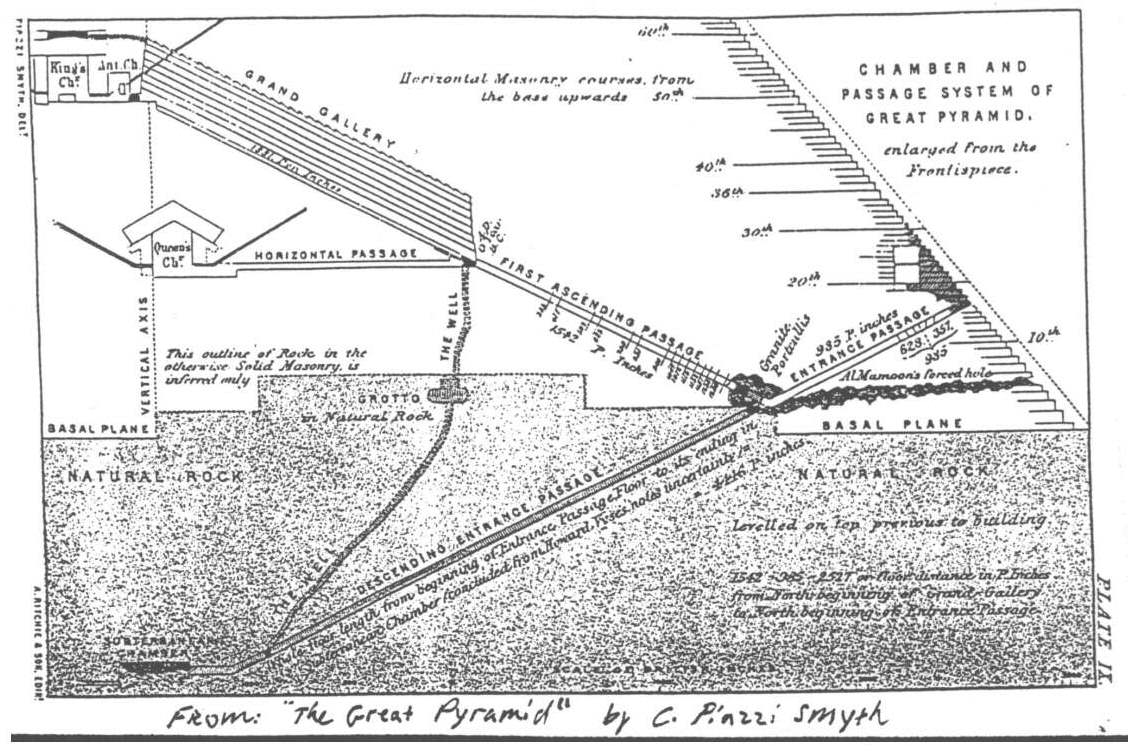So desperate is the WTS to cling on to this date of 607 BC, that they pick and choose which evidence is "admissable" - and which is not.
According to Fred Franz's chronology, the year 539 BC is an "Absolute Date" (WT 8/15/1968 p.488) - and THE date from which all others are calculated. The first thing to note here is that, in the Bible, there is no such thing as an "Absolute Date" - nowhere in the scriptures will you see a statement like "Babylon fell to the Medes and Persians in the year 539 BC." (This should be obvious to the dimmest of dimwits, you would think!)Rather, in common with most other writings of those times, the Bible dates events by "regnal years" i.e. by which year of which king's reign the event occurred. For example, 2 Kings 25: 2, 8 state that Jerusalem and its temple were destroyed during the "eleventh year of King Zedekiah" and the "nineteenth year of King Nebuchadnezzar."
The date of 539 BC for the capture of Babylon by the Persian armies has had to be determined by what the WTS likes to call "secular history", and - for the last century or so - scholars have generally been in agreement about this date.
The Watchtower of 8/15/1968 even lists nineteen different reference works to support that claim:
- However, what it fails to acknowledge is that, rather than 539 BC being the date around which everything else hinges, 539 BC itself was calculated from another event - the succession of Nebuchadnezzar to the throne in the year 605 BC. (This followed quickly after the Babylonian victory at the decisive Battle of Carchemesh, in which the Egyptian army was practically destroyed).
If, as the Bible says, Jerusalem's destruction occurred in the 19th year of Nebuchadnezzar's reign, then the date was 586 BC - NOT (horror of horrors!) 607 BC. Aside from the Bible's record ( and secular history pointing to 605 BC marking the start of Nebuchadnezzar's reign), there is much archeological evidence which also identifies 586 BC as being the date for Jerusalem's destruction by the Babylonians. Archeologists have unearthed literally "tens of thousands of detailed economic, administrative and legal documents" (according to the Dictionary of Biblical Archeology p.274) that all identify the year 586 as being when the city and its temple were destroyed. Further, the Jewish historian Josephus is in agreement that the desolation of the temple lasted 50 years - NOT 70 years, as the WTS insists it was.
Much more could be said about the matter of these "70 years"
e.g. were Jeremiah 25:11,12; Jeremiah 29:10; Daniel 9: 1,2 ; 2 Chronicles 36: 20, 21; Zechariah 1: 7,12; Zechariah 7: 1 -5 all referring to the same 70 year period? With their propensity for cobbling unrelated bible verses together from many different parts of the scriptures, the WTS says they do. However - to say the least - this is very much open to debate! (Particularly when bible translation comes into it i.e. did the Hebrew word used mean "in Babylon" or "for Babylon"? Whichever translation was correct puts a different slant on things).
Also, did the "seven times" have a secondary fulfillment, anyway? And even if they did, is it not quite an exercise in creative accounting to switch from 360 day "Prophetic Years" on one hand to get your 2520 days, then convert these "days" to literal 365.25 day Calendar Years? (What sort of cigarettes was he smoking, I wonder?)
However, as far as dating Jerusalem's destruction goes, the WTS is happy to use "Secular history" - and nothing else - to identify what they (incorrectly) call an "Absolute Date" i.e. 539 BC:
- yet they blatantly ignore what that very same historical source reveals as to the year of Jerusalem's destruction by Nebuchadnezzar.
Rather than face reality, the WTS desperately clings to the date of 607 BC:
- even to the point of rewriting Middle East history to try and make everything conform to their pre-conceived ideas of 607 + (7 x 360) + year zero = 1914 (In the process, trying to portray many events - such as the Battle of Carchemesh, the enthronement of Nebuchadnezzar, plus the reigns of the last kings of Judah - as occurring 20 years earlier than when they actually occurred).
Picking and choosing which evidence you want to use, even if it is all from the same source:
- If that is not intellectual dishonesty at its worst, then it would be difficult to describe what is!
Bill.
